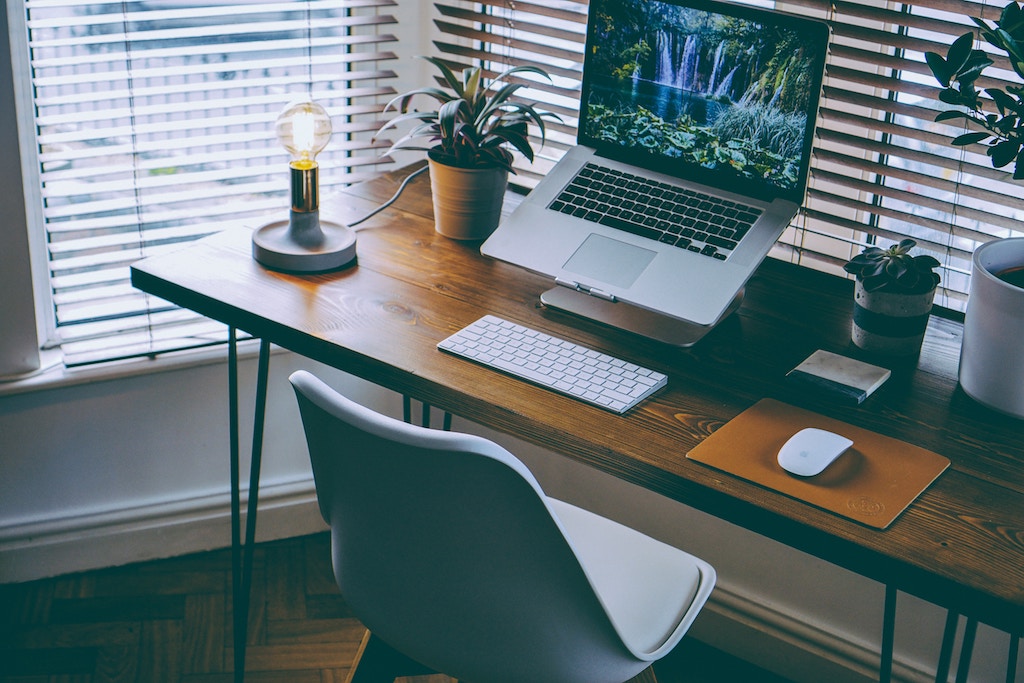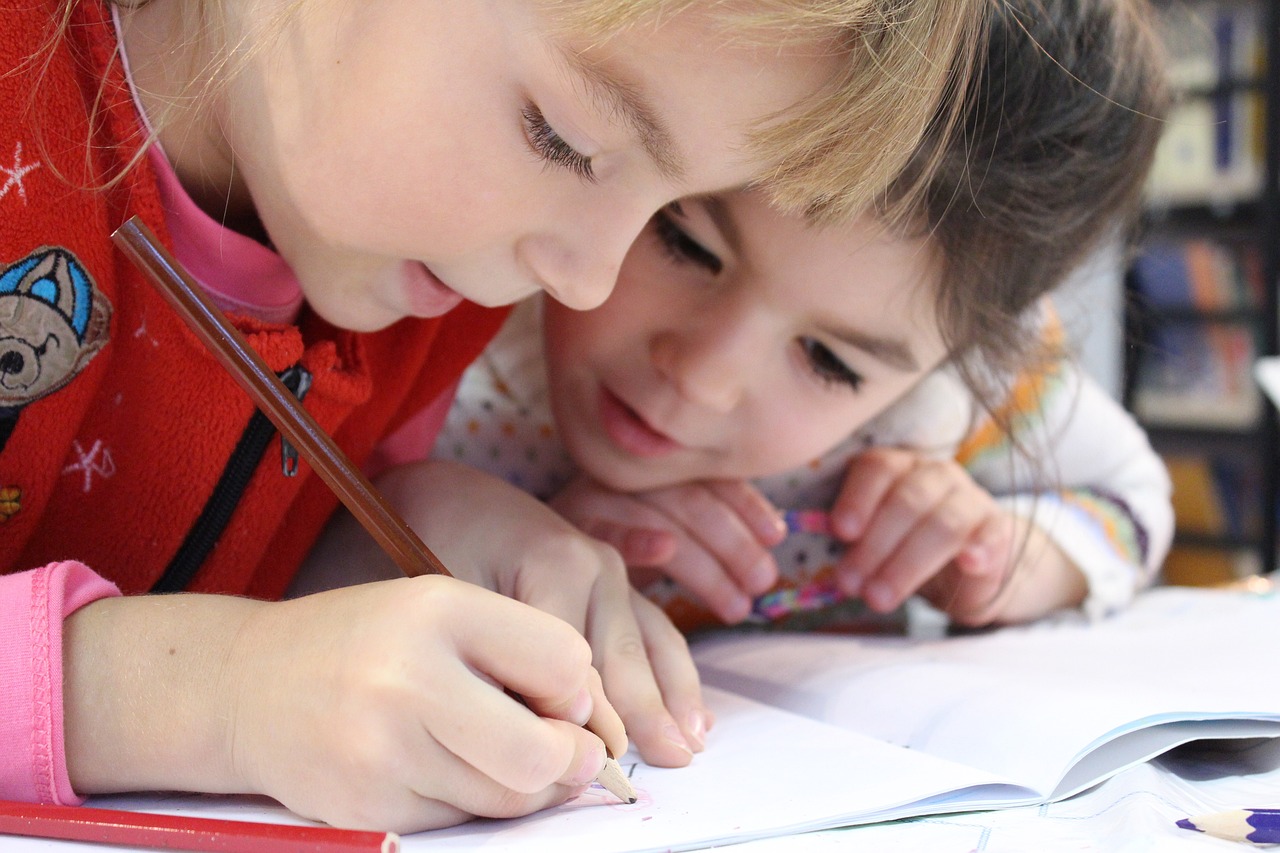With Covid-19 gaining legs and spreading its wings throughout the community, many schools are now bunkering down and running their classes from their makeshift, in-house, classrooms. Let's rephrase that: many schools are working from the comfort of their own homes. I say ‘comfort’ because we all need to frame this in the right manner if we are going to get through it together. Of course, it feels like the walls are closing in around us, and we’re going to feel like we’re an inmate rather than a teacher, but think of it as an opportunity. An opportunity to spend more time with the people you care about most.
Being a person that has been essentially working in 'self-isolation' for over a decade, I know a thing or two about keeping morale up in desperate times. In this quick post, I'll give you five quick tips to help save you from the possible insanity of ‘self-isolation’. If you think these tips would help your students, don’t be selfish, share it with them.
TIP 1 – Follow Routine
The NUMBER ONE thing that you should be doing each day is making sure that you keep to the same routine as you do when you go to work. Get up at the same time, eat brekkie at the same time, start work at the same time, have breaks at the same time, eat lunch at the same time, finish at the same time and then do it all again the next day… at the same time. If we don’t keep continuity up in our lives, it's crazy how easy we can fall out of a routine in times like this. Once we've lost it, it becomes a slippery slope to get back.
Us humans thrive on routine because it gives our lives predictability, and when we don’t have predictability, everything becomes an effort. Imagine, on any typical day, if we had to think about everything we did. Imagine thinking, "What time should I get up? Should I have a shower before or after breakfast? What should I eat for breakfast? When should I leave for work? Which is the quickest way to get to work? What should I do at work?" So many questions to answer or decisions to make, and we haven't even had lunch yet. Imagine if that was all day every day. Life would be tiring! Routine is less exhausting and gives our lives predictability.
TIP 2 – Plan it out
Because we’re only finding our feet in the current Covid-19 situation, most people don't have a roadmap to follow yet. You've probably been trying to figure out (and plan for) the bigger picture for many weeks now. What Term 2 looks like overall. That's our 'destination'. It's easy to get lost while searching, and planning, for the destination, especially without a map. Your map comes in the form of a weekly planner. Plan yours out hour by hour if you must, and you'll be stoked with the predictability of your days in the bunker. You don't need to follow the plan to a T either; having one will just make sure you're heading in the right direction each day. Here’s the one I use.

TIP 3 – Practice Gratitude
On that note, plan the practice of gratitude into your day. I’m not going to go into the incredible, mental benefits of gratitude because you can head to Harvard Health and read about it. I'll just tell you what can be grateful for. Life right now might be hard, and it may even get harder. But, you can be thankful that you have a job in an organisation that can cater for online work at home. You could be in a small business that had to close it doors for the last time.
You can stay at home and spend time with your family, forcing you to connect on a deeper level. This might open up doors to your relationships that you never knew existed. You don't have to fight traffic in peak hour or squish up against all the other sweaty humans on the train. Hey, you can even do your work with no pants on if that makes you feel comfortable.
If I only look at the things that were taken away from me after my accident, I would live a miserable life. My right shoulder doesn't work, my right bicep and tricep are very weak, meaning my arm hangs there much the same as a pendulum on a grandfather clock. But guess what? I have a somewhat moving hand. This is a godsend. I can carry shopping bags, stabilise a piece of bread and butter it, keep paper in place to write on it, hold a fork while I cut my food and even slowly tie my shoelaces. The right side of my body, yep, that has paralysis issues, but what about my left side? It's as good as gold, which means that I am 100% independent in life. There's always a silver lining; you just need to look for it. Next time you eat a meal in isolation, write down or discuss three things you're grateful for in life.
Tip 4 - Exercise
Throughout self-isolation, it's vital to keep moving. On an average, non-Covid-19 day, you would at least get out of the house and move your body, even if it's only up the front steps to the office. Your kids are not going to be running around as much at home... unless you've been blessed with a big backyard to run around. Being in self-isolation doesn't mean you have to miss out on this though. My partner, Jasmine, and I have agreed to keep our exercise routine up at home, even though we can't make it to the gym. There are plenty of things around the house you can use. This morning I did squats with some heavy objects I had lying around and did crunches with my feet under the couch. One-handed push-ups (off the bench) too. You could put a bag of rice in a shopping bag with some other staple food product and do step-ups while holding them. If you’re allowed, get outside and make that daily walk around the block a part of your daily routine. Or visit the BBC website to get some good ideas on for exercising at home.
TIP 5 - Meditate
If you’ve read my blog post on meditation, you’ll know what meditation means to me. All of a sudden, being forced to work from home may induce anxiety. It can happen for several reasons; the slow Internet is a prime example. Without the super cyclone speed of the school's intranet, your home Internet speeds are going to slow you and your students down. If things are slowed down, some things are missed, and when things are missed, all of the sudden anxiety can be the next big emotion to flourish. The practise of meditation will help you live with this emotion and not let it control your days at home. For more on how meditation can help anxiety, head back to Harvard Health.
The Covid-19 Pandemic is a testing time for every one of us. It will help to keep in mind that this isn’t just happening to you, or I. EVERY SINGLE PERSON on earth is going through the same thing; that's why it's a 'pandemic'. If we can all stand together in this situation, we will get through this situation together. Hopefully, my five tips can also help!





